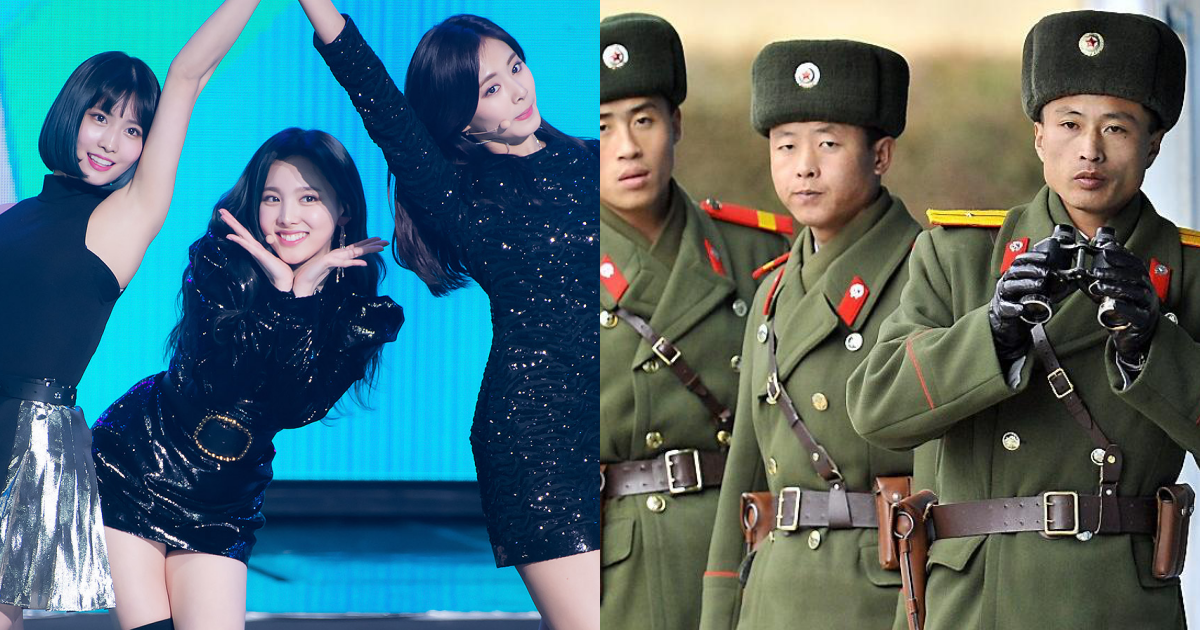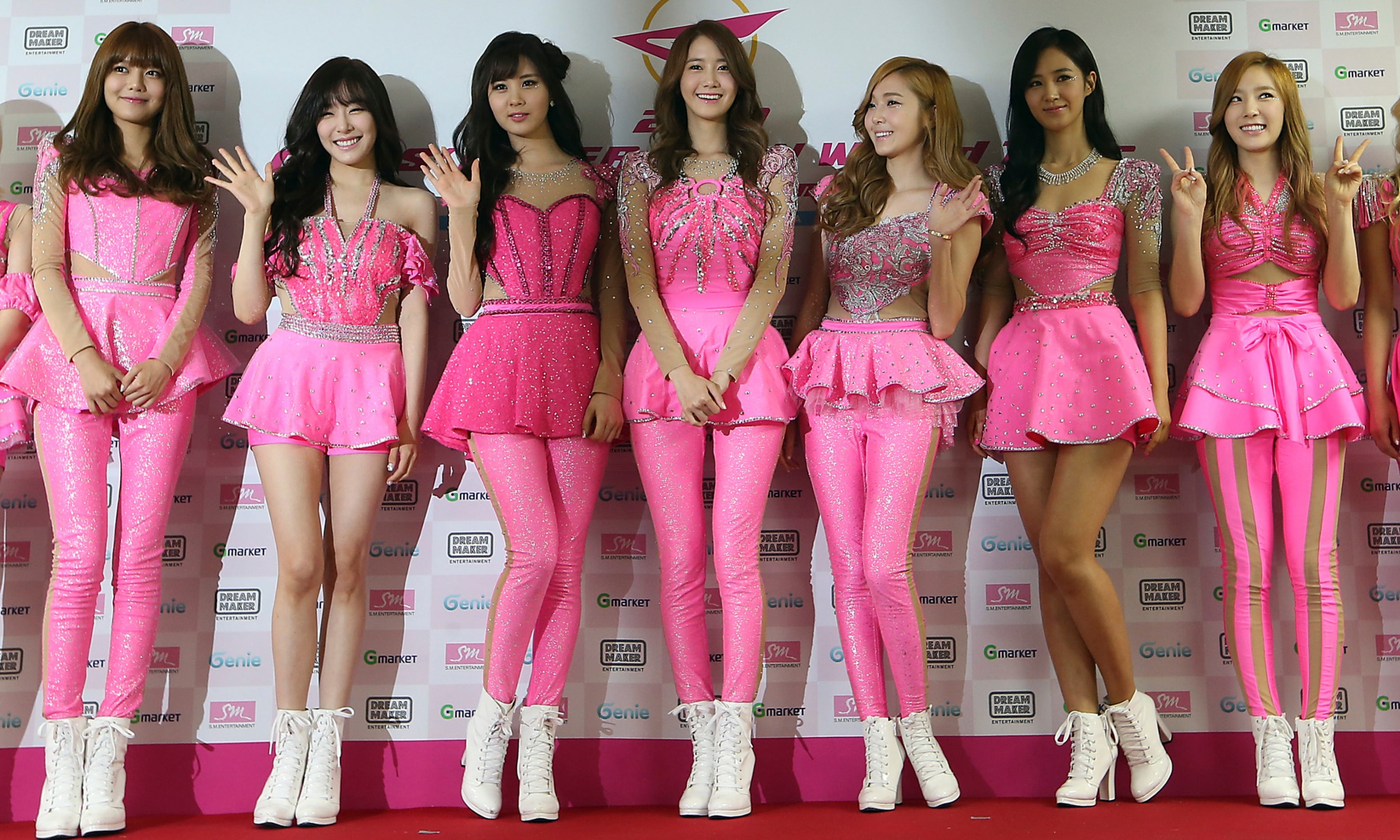North Korean Pop Music

North korean kpop – North Korean pop music, also known as Chosŏn’gŭk p’op, is a unique and distinct genre of music that has emerged from the Democratic People’s Republic of Korea (DPRK). Despite the country’s strict political ideology and isolation from the outside world, North Korea has developed a thriving pop music scene that has captivated audiences both within and beyond its borders.
North Korean K-pop groups have a unique blend of traditional Korean music with modern pop elements. Like the electrifying energy of Jalen Hurts on the football field, these groups captivate audiences with their dynamic performances. North Korean K-pop is a testament to the resilience and creativity of its people, showcasing their talent and determination to connect with the world.
History and Evolution
The origins of North Korean pop music can be traced back to the early 20th century, when Western musical influences began to enter the country through imported records and radio broadcasts. However, it was not until the 1960s that North Korean pop music began to take shape as a distinct genre.
During this period, the government established the Pyongyang Film Studio and the Mansudae Art Troupe, which played a significant role in developing and promoting North Korean pop music. These institutions trained musicians and produced songs that reflected the country’s socialist ideology and celebrated its achievements.
Unique Characteristics and Influences
North Korean pop music is characterized by its unique blend of traditional Korean music, Western pop influences, and socialist propaganda. The music often features catchy melodies, upbeat rhythms, and lyrics that extol the virtues of the North Korean regime and its leaders.
One of the most distinctive features of North Korean pop music is its use of traditional Korean instruments, such as the gayageum (a stringed instrument) and the taepyeongso (a double-reed wind instrument). These instruments add a unique and authentic flavor to the music, distinguishing it from other forms of K-pop.
The rise of North Korean K-pop has been a fascinating cultural phenomenon, showcasing the country’s artistic talent. While their performances may differ from the electrifying energy of the Pittsburgh Steelers on the gridiron, they share a common thread of captivating audiences with their passion and dedication.
Just as the Steelers have captivated the hearts of football fans worldwide, North Korean K-pop is capturing the attention of music lovers, offering a glimpse into a different world and fostering a greater understanding of its culture.
Role of Propaganda and Censorship
The North Korean government exercises strict control over all forms of media, including pop music. The lyrics of songs are carefully scrutinized to ensure that they conform to the government’s ideological guidelines.
Propaganda is a key element of North Korean pop music. Songs often contain lyrics that praise the country’s leaders, celebrate its achievements, and promote its socialist ideology. The government also uses pop music to disseminate its political messages and shape public opinion.
Popular North Korean K-pop Groups: North Korean Kpop

North Korea, despite its political isolation and strict cultural regulations, has also produced its own K-pop groups that have gained popularity within the country and beyond. While they may not be as well-known as their South Korean counterparts, North Korean K-pop groups have their own unique style and appeal.
Moranbong Band
Moranbong Band is one of the most famous North Korean K-pop groups. The group was formed in 2012 and is composed of five young women. Moranbong Band’s music is a mix of traditional Korean music and contemporary pop. The group has performed for North Korean leader Kim Jong-un and has also toured China and Russia.
Pochonbo Electronic Ensemble
Pochonbo Electronic Ensemble is another popular North Korean K-pop group. The group was formed in 1985 and is composed of seven men and three women. Pochonbo Electronic Ensemble’s music is more electronic and dance-oriented than Moranbong Band’s. The group has released several albums and has performed in North Korea and China.
Wangjaesan Light Music Band, North korean kpop
Wangjaesan Light Music Band is a North Korean K-pop group that was formed in 1998. The group is composed of six men and two women. Wangjaesan Light Music Band’s music is more traditional Korean music than Moranbong Band or Pochonbo Electronic Ensemble. The group has released several albums and has performed in North Korea and China.
Similarities and Differences Between North Korean and South Korean K-pop Groups
North Korean and South Korean K-pop groups have some similarities and some differences. Both types of groups typically have a large number of members, both male and female. They also both perform music that is a mix of traditional Korean music and contemporary pop. However, there are some key differences between the two types of groups.
One of the most obvious differences is the political context in which the groups operate. North Korean K-pop groups are subject to strict censorship by the government, while South Korean K-pop groups are not. This difference is reflected in the lyrics of the groups’ songs. North Korean K-pop songs often contain patriotic themes, while South Korean K-pop songs are more likely to deal with personal relationships and other non-political topics.
Another difference between North Korean and South Korean K-pop groups is the level of international exposure. South Korean K-pop groups have a much larger international following than North Korean K-pop groups. This is due in part to the fact that South Korea is a more open and democratic country than North Korea. As a result, South Korean K-pop groups are able to travel more easily and perform for international audiences.
Impact of North Korean K-pop Groups on the Global K-pop Industry
North Korean K-pop groups have had a limited impact on the global K-pop industry. This is due in part to the fact that they are not as well-known as their South Korean counterparts. However, North Korean K-pop groups have begun to gain some attention in recent years. This is due in part to the fact that North Korea has become more open to the outside world. As a result, North Korean K-pop groups are now able to perform for international audiences more easily.
The impact of North Korean K-pop groups on the global K-pop industry is likely to grow in the future. This is due to the fact that North Korea is becoming more open to the outside world. As a result, North Korean K-pop groups are now able to perform for international audiences more easily. This will give them the opportunity to gain a larger following and to have a greater impact on the global K-pop industry.
Cultural Exchange and Collaboration
Cultural exchange and collaboration between North and South Korean K-pop artists hold immense potential for promoting reconciliation and understanding. Despite political tensions and cultural differences, such collaborations can provide a platform for shared experiences and artistic expression, fostering empathy and bridging divides.
Challenges and Opportunities
Collaborations between North and South Korean K-pop artists face challenges related to political tensions and cultural differences. Political sensitivities, censorship, and travel restrictions can hinder the free flow of ideas and artists. Cultural differences in music styles, lyrics, and performance practices may also require adjustments and mutual understanding.
However, these challenges also present opportunities for growth and reconciliation. Collaborations can encourage open dialogue, foster mutual respect, and challenge stereotypes. By working together, artists can create a shared language of music that transcends political boundaries and promotes unity.
Impact on Reconciliation and Understanding
North-South Korean K-pop collaborations can have a profound impact on promoting reconciliation and understanding. By showcasing the shared cultural heritage and aspirations of both Koreas, these collaborations can foster a sense of common identity and belonging. Music has the power to break down barriers, inspire empathy, and create a platform for dialogue and cooperation.
Through joint performances, interviews, and social media interactions, North and South Korean K-pop artists can engage with fans from both sides of the border, fostering mutual understanding and appreciation. These collaborations can contribute to a broader movement towards reconciliation and peaceful reunification of the Korean Peninsula.